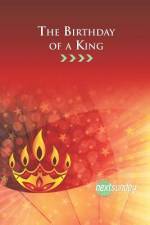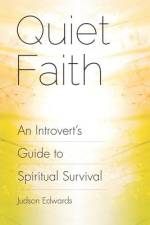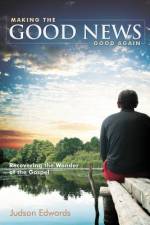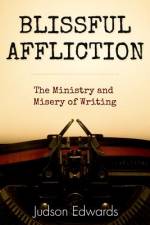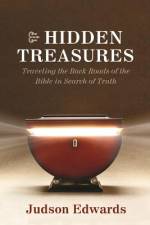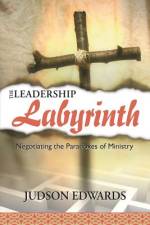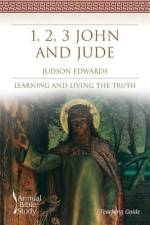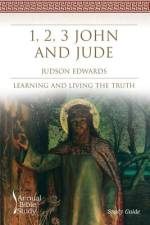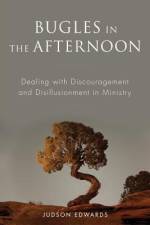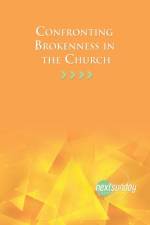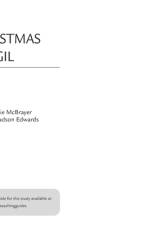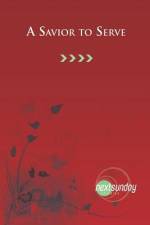av Judson Edwards
189,-
Readers who embark on a study of 1, 2, 3 John and Jude will encounter writers with a passion for learning and living the truth. If there is one verse in the Bible that captures the theme of these four letters, it is John 8:32, where Jesus says, "You will know the truth, and the truth will make you free."First John focuses on the truth about loving God, the truth about loving people, and the truth about the difference Jesus makes. Second and Third John and Jude all focus on the truth about bad religion and how Christians must take a stand against bad teaching, bad leading, and bad living within the church. This study will focus on those four truths and guide readers on a quest for truth in our day.To read these old letters is to read the words of people who loved the truth, especially the truth they had discovered in the life, death, and resurrection of Jesus Christ. This was the truth they held most dear, the truth that had transformed their lives, and the truth they felt was under attack in the early church.Studying these four letters will challenge readers to consider their own truth-the truth that governs their lives and the truth they feel is worth living and dying for. In a world where truth is a slippery reality, 1, 2, 3 John and Jude remind us that truth does exist and that truth still sets people free.This Teaching Guide for the Smyth & Helwys Annual Bible Study on 1, 2, 3 John and Jude includes teaching options, suggested worship and sermon outlines, and approaches to leading discussions and group study. This study also includes relevant lesson plans for including youth and children in a congregational study of 1, 2, 3 John and Jude.

